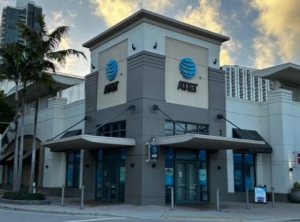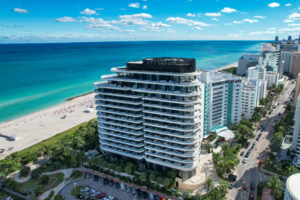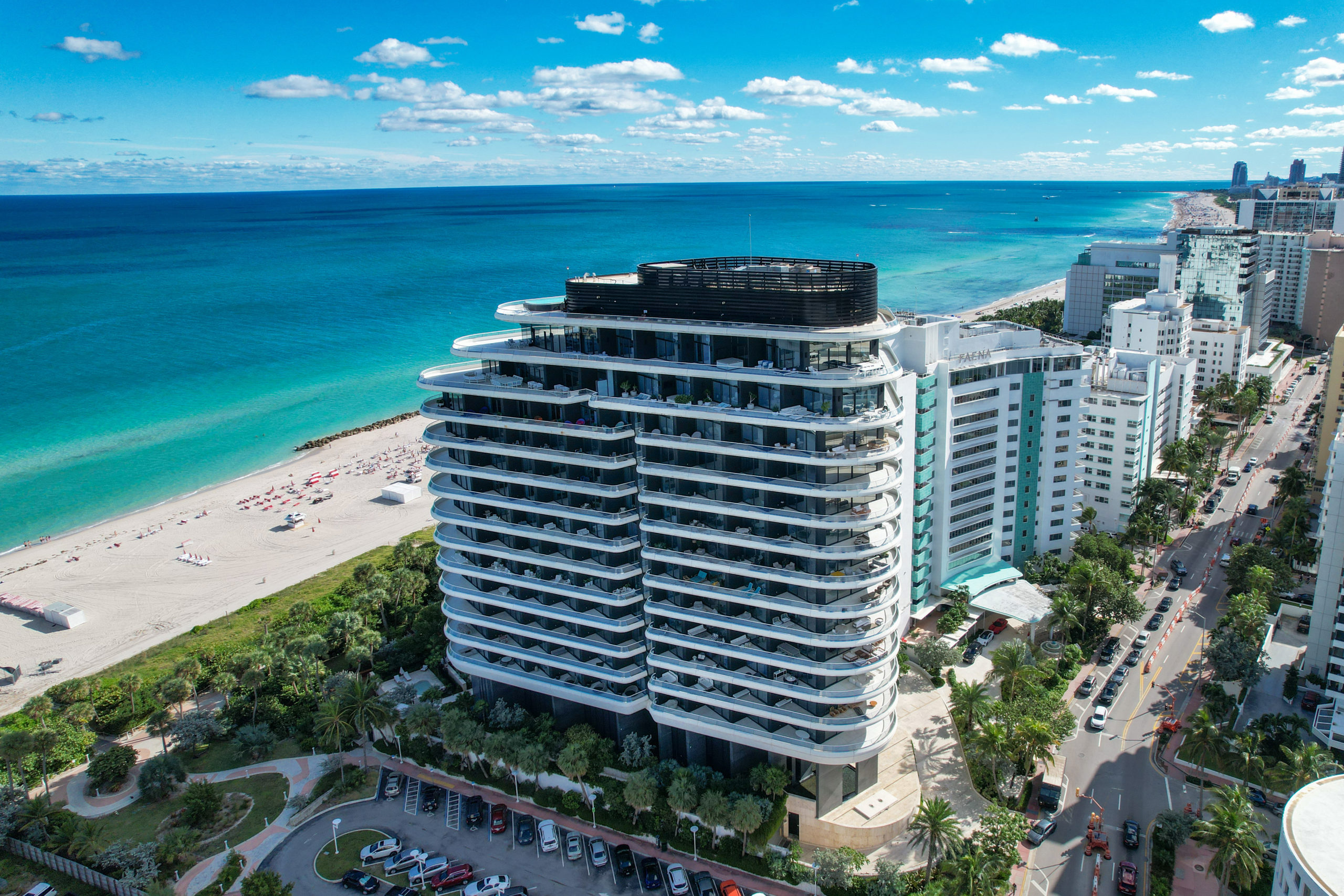Condo Association Legal Action: Case Analysis of Owner Misbehavior
Living in a condo community comes with specific rules and guidelines that every owner must follow. These rules, laid out in the governing documents of a condominium association, are in place to ensure peaceful coexistence and maintain the community’s quality of life. However, what happens when an owner blatantly disregards these rules? Legal action often becomes a necessary step. This article delves into one such case, exploring how the Imperial Royale at Boca Pointe Condominium Association took legal action against owners Murray and Margalit Feit for misbehavior and violating community policies.
What Led to the Lawsuit?
The Imperial Royale at Boca Pointe Condominium Association, located in Boca Raton, Florida, recently filed a lawsuit in Palm Beach County Circuit Court against unit owners Murray and Margalit Feit. The lawsuit was initiated in December 2024 and highlights numerous violations of community rules and a series of disruptive behaviors that were negatively impacting the quality of life of fellow residents.
The condo association claims that the Feits' repeated actions of yelling in common hallway areas and slamming their unit door were causing major disturbances. These incidents, the lawsuit states, disrupted the peace and well-being of other residents who live in the building. Furthermore, the condo door itself allegedly required repairs due to constant slamming, yet the Feits had not taken responsibility for ensuring it closed quietly, as outlined by the association's guidelines.
The Remodeling Dispute
Another significant issue at the center of the legal battle was the Feits' ongoing remodeling of their unit. According to the association, the Feits began extensive renovation work without first obtaining the necessary building permits. This violated the community’s governing rules that mandate permission before any structural changes take place within a unit.
Additionally, the contractors working on the remodel allegedly misled the Feits, stating that no permits were necessary for the substantial renovations. This misinformation led to a situation where the unit was undergoing substantial alterations without any proper oversight. Moreover, the remodeling work caused water intrusion that damaged the unit below, creating further friction between the Feits and their neighbors.
Legal Actions Taken by the Association
Before resorting to legal action, the Imperial Royale Condominium Association followed the proper procedures in line with Florida law. They first attempted to resolve the situation through communication. The association sent multiple notices to the Feits, both by regular and certified mail, requesting that they attend a pre-suit mediation.
However, despite confirming receipt of the correspondence, the Feits refused to engage in mediation. They cited the need to hire legal counsel as an excuse and consistently delayed the process. After these efforts failed, the association had no choice but to take the matter to court.
The association's complaint outlines several requests for the court to issue a mandatory injunction against Murray Feit. These requests include stopping the disruptive yelling, halting the slamming of the door, and forcing the Feits to repair the door to eliminate the noise. Furthermore, the association seeks a court order to prevent the Feits from continuing their unpermitted remodeling work and from denying access to association representatives for inspections.
The Consequences of Legal Action
While legal action is often seen as a last resort, it can have lasting consequences for both the condo association and the unit owner involved. Lawsuits like these can be costly, not only due to the legal fees and expenses incurred but also because they can impact the community’s insurance rates and future loan approvals. Condo associations typically report legal actions in their financial statements, which may make it more difficult for them to secure favorable rates for insurance renewals or loans.
For the Feits, ongoing litigation could also create financial strain. In addition to the costs of hiring a lawyer, they could be required to pay for damages and legal fees should the court rule in favor of the association.
Insights
What happens when condo owners refuse to comply with community rules?
When condo owners refuse to follow the rules and disrupt the community, it becomes necessary for the condo association to take action. Initially, the association will attempt to resolve the issue through mediation or communication. However, if these efforts fail, legal action may be the only recourse. In the case of the Feits, their refusal to comply with the association’s demands resulted in the filing of a lawsuit.
What can a condo association do to prevent disruptions like this?
To prevent disruptions, a condo association should ensure that all new residents are familiar with the community’s rules. Clear communication and regular reminders about these rules can help minimize conflicts. In addition, associations should act quickly when violations occur, as early intervention can often prevent the need for legal action.
How do condo owners impact their community with their actions?
The actions of one condo owner can significantly affect the entire community. Disruptions, especially repeated ones, can reduce the quality of life for other residents. Furthermore, actions such as unapproved renovations or failing to maintain common areas can lead to financial costs for the association and other homeowners. It is important for all members to adhere to the community guidelines for the collective well-being of everyone involved.
Conclusion
The case of the Imperial Royale at Boca Pointe Condominium Association versus the Feits illustrates the challenges condo associations face when dealing with unruly or non-compliant residents. While legal action is often seen as a last resort, it is sometimes the only way to protect the interests of the entire community. Condo associations must act fairly and diligently to enforce their rules, but also ensure they follow the proper legal steps to avoid prolonged disputes and financial setbacks.













